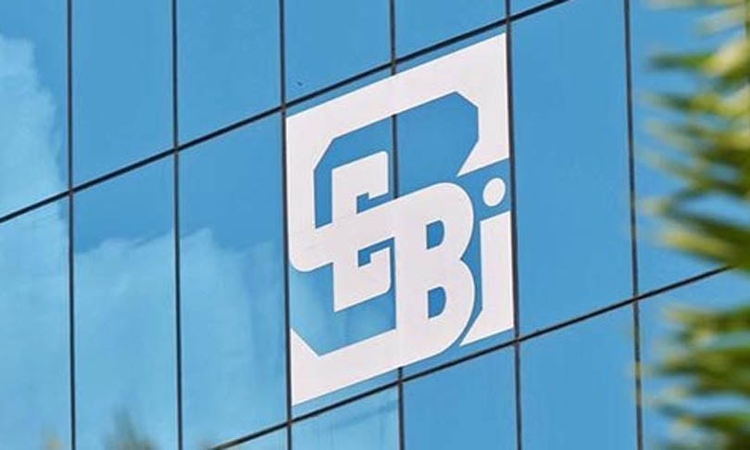SEBI LODR Amendments: Stricter Disclosure Norms For Public Owned Entities
LIVELAW NEWS NETWORK
28 Feb 2023 12:09 PM IST

“The role of the financial regulator is threefold. First, to complete the reforms to repair the cracks in the system exposed by the global financial crisis. Second, to implement regulations consistently. And third, to monitor evolving markets and evolving risks.”
It becomes imperative on the regulators to ensure greater transparency in the disclosure norms of public entities as such entities are ultimately accountable for the stakes/interests of the public. In this sense, high standards of transparency and accountability are needed to allow the public to assure itself that the state exercises its powers in accordance with the public’s best interest. In this regard, SEBI’s ‘Listing Obligation and Disclosure Requirement’ is one of the most critical regulations that lay roadmap for the listed entities regarding their disclosure and compliance norms. In an attempt to further make the disclosure norms more transparent, SEBI has amended (Listing Obligations and Disclosure Requirements), Regulation, 2015 inter-alia to loop in the Senior Management of Listed Companies under the New LODR Amendment Regulation, 2023.
LODR (Listing Obligations and Disclosure Requirements) is one of the most important regulations mandated by Securities and Exchange Board of India (SEBI) to enable transparency and fair disclosures by all listed entities in India. The Securities and Exchange Board of India (Listing Obligations and Disclosure Requirements) Regulations, 2015 were published in the Gazette of India on 2nd September 2015 vide No./GN/2015-16/013.
The Securities and Exchange Board of India (SEBI) on January 17, 2023, notified Securities and Exchange Board of India (Listing Obligations and Disclosure Requirements) (Amendment) Regulations, 2023 amending the SEBI (Listing Obligations and Disclosure Requirements) Regulations, 2015 (SEBI LODR).
The regulation has amended the definition of “Senior Management” by including all financial heads of listed entities. The Officers such as Chief Operating Officer (COO), Chief Technology Officer (CTO), Chief People Officer (CPO) etc. will now be considered as covered under the definition of Senior Management.
The new definition reads as follows:
“Senior Management” shall mean officers and personnel of the listed entities who are members of its core management team, excluding the Board of Directors, and shall also comprise all the members of the management one level below the Chief Executive Officer or Managing Director or Whole Time Director or Manager (including Chief Executive Officer and Manager, in case they are not part of the Board of Directors) and shall specifically include the functional heads, by whatever name called and the Company Secretary and the Chief Financial Officer.”
This amendment in expected to ensure compliance and corporate governance in decision making even at the functional level. Additionally, it would bring out alignment with the SEBI (Issue of Capital and Disclosure Requirements), Regulations 2018, which has a wider definition of Key Managerial Personnel, inclusive of senior management and functional heads.
Further, this is also expected to ensure rationalization in appointment of such personnel and that the appointment of senior management personnel is done through nomination and remuneration committee followed by the board of directors.
Under the SEBI (Listing Obligations and Disclosure Requirements) (Third Amendment) Regulations, 2021, in case of appointment of a person on the Board of Directors, SEBI had clarified that the shareholder approval at the next general meeting or within three months from the date of appointment, whichever is earlier was required. Now, the amendment requires approval of shareholders within 3 months both in cases of appointment and re-appointment of a director.
The amended regulations have also inserted new provision where in case of public sector Company, for appointment or re-appointment of a person on the Board of Directors or as a Manager, approval of the shareholders can be taken at the next general meeting
The amendment has also included provisions regarding incorporation of details of material subsidiaries of the listed entity, including the date and place of incorporation and the name and date of appointment of the statutory auditors of such subsidiaries to be disclosed in annual Corporate Governance report.
Indian regulators are continuously making the LODR regulations more stringent through a spate of changes in regulatory and reporting framework. Therefore, it becomes imperative for the management of public companies to revisit the amendment in regulatory and compliance framework and assess whether their organizations are well prepared to adhere to the changing regulatory landscape. The amendment in LODR framework calls for greater vigilance and transparency in appointment and reporting inter-alia for the management personnel and material subsidiaries.
Authors: CS Chavvi Gupta (Director, Regulatory Services, NDM Advisors LLP and Komal Tiwari, Analyst, NDM Advisors LLP. The authors may be reached at communications@ndm.net.in. Views are personal.


